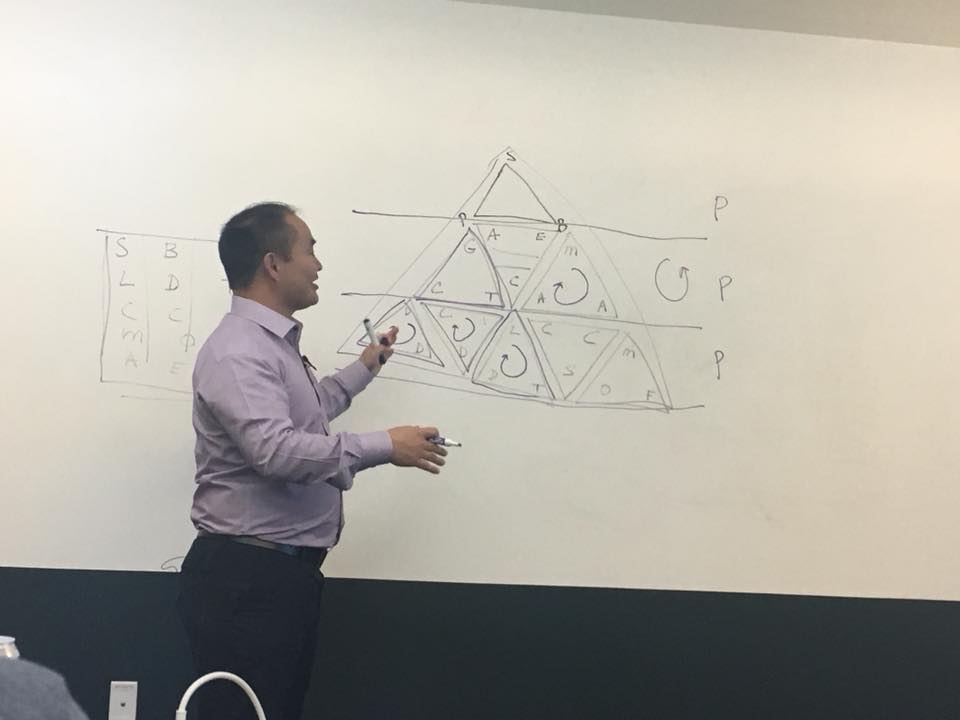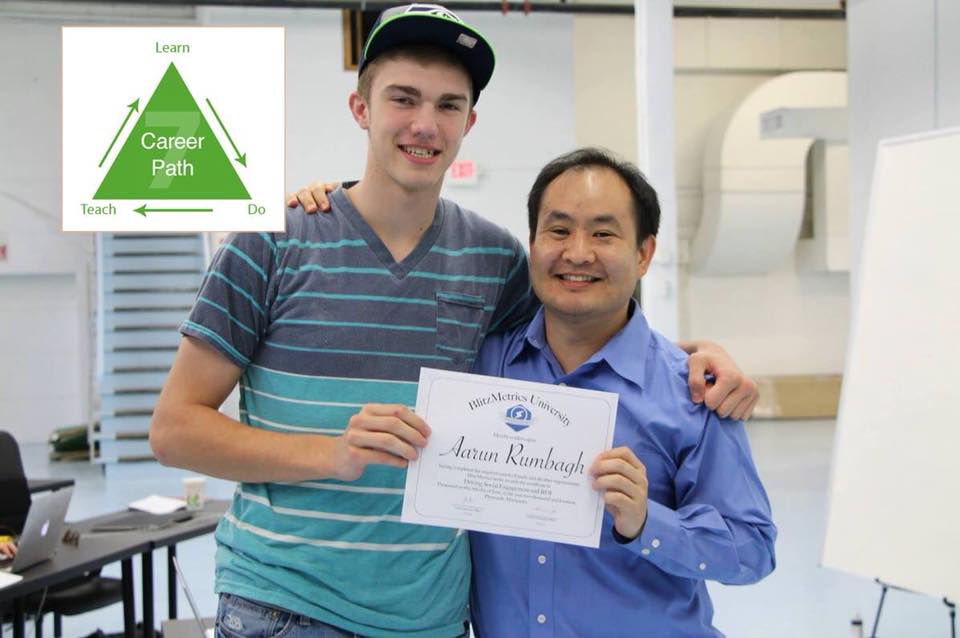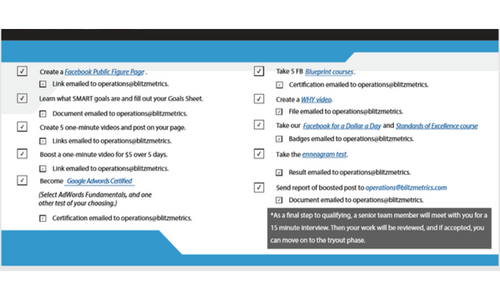Preach What You Have Practiced
Imagine turning 16 and getting your learner’s permit. You believe passing the written test means you know all about driving.
But do you really?
No, not until you spend time driving and getting a feel for the car and the rules of the road. That’s where your parents (mentor) come in, sitting shotgun and giving clear directions while gripping the grab handle for dear life.
Mentoring is becoming a lost art because people don’t properly appreciate learning from a practitioner. You’ve learned the concepts, but a mentor teaches you how to execute them.
We’re constantly learning new things and it’s not always by reading a book (which there’s no harm in doing whatsoever), but by watching other people do whatever “it” is.
Remember shifting gears without stalling the car for the first time? It gave you a feeling of accomplishment. You got successful results by learning from your parents (mentor) and practicing. That’s what you get from an apprenticeship: knowledge, experience, and results—proof that you know how to drive.

Hundreds of years ago, people would line up to be da Vinci’s apprentice or an apprentice to a tailor or a blacksmith. They put in the work while simultaneously learning their trade. Apprentices understood the concept of Learn-Do-Teach (LDT). They LEARNED their trade, then got an apprenticeship to DO what they had learned so later on in life — when they become the mentor — they could TEACH it.
They say, “practice what you preach,” and to an extent, that’s sound advice, but you should have already practiced.
You should practice and practice and practice before you think about teaching.
Again, anyone can learn something. You can have all of the recipes memorized and ingredients gathered, but they won’t be useful until you go into the kitchen and do something with them.
The Two Sides to Mentoring
A good mentor is committed to their craft and invested in their apprentice. They spend time day-in and day-out practicing and learning about their craft to keep their skills sharp, so they can break their knowledge down and simplify it so others can understand.

A mentor is more than a teacher.
A mentor is wholly invested in guiding an apprentice through the steps, making sure they don’t just understand what to do, but how to do it.
A good apprentice is invested in learning everything there is to know about the “art” or trade. This means learning the lessons that only experience can teach as well. The best blacksmith can teach you how to properly swing the hammer and where to strike the iron, but you won’t learn the weight of the hammer or how the iron feels without doing it yourself.
No amount of books or lessons can substitute for a raw, hard-earned experience.

A mentor is an opportunity for both the apprentice and them, but unless both parties come together and carry out their respective parts it won’t work.
Making Things Simple and Effective
So, you’ve put your hours in and mastered the forge and you’ve got the scars to prove it. You’re hands are calloused, your fingers are burned, and your arms are scraped. You’ve learned from your mentor and your own mistakes and are — at long last — ready to teach your own apprentice. But as you’ll soon discover, teaching has its own challenges, especially if you want to do it at scale.
So, can you do it?
Well, there’s a number of ways it can be said: “Dumb it down,” “Explain like I’m 5,” “Put it in English.”
Basically… systemize it.
Break your tasks down into easy-to-understand parts. A simple and effective way of systemizing is to put everything in a checklist format.

Let’s say you have one ultimate goal for your apprentice to complete: Clean the House.
Where do you start?
Your House (H) is the main goal. The first step is to create a checklist of everything that must happen in order for your apprentice to complete the goal.
In order to complete H, they need to:
- Vacuum the front room
- Make the beds
- Clean the kitchen
Oh no, the kitchen.
How do you clean it, where do you start?
Well to make it easier… you can make a checklist for it. What does your apprentice need to do in order to get the kitchen clean?
- Put dishes in the dishwasher
- Clean up spilt milk
- Mop the floor
And that’s it — that’s all you have to do. Create a checklist and if necessary make a checklist for an item on that checklist and a checklist for an item on that.
It’s simple and effective.
Wax On, Wax Off
It’s easy to spot seasoned professionals and amateurs in the marketing world. The amateurs will usually throw out big promises and use big words. “Your emolument will be exponential with what you’ll learn at our clandestine workshops!” They offer things that they don’t fully understand.
A pro won’t provide false promises and will only use big words if necessary.
As, Albert Einstein said, “The definition of genius is taking the complex and making it simple.”
In order to make a complex concept simple, you need to master and teach the basic fundamentals of that concept.
Take Mr. Miyagi (mentor), for example, a karate master who agrees to train Daniel LaRusso (apprentice). The first lesson is “Wax On, Wax Off.” At first, it seems Mr. Miyagi has tricked Daniel into cleaning his car. However, later on, we learn that Daniel has been developing muscle memory for defensive moves. By practicing the motions and doing the training, Daniel learns to stop the attacks of a karate master. He masters the basics—the fundamentals that build the foundation for his defense.
So don’t tell people what your concept will do for them… show them, and start with basics because once a trainee has picked up all the parts and put them together, you have a well oiled, complex system that will turn amateurs into pros.
